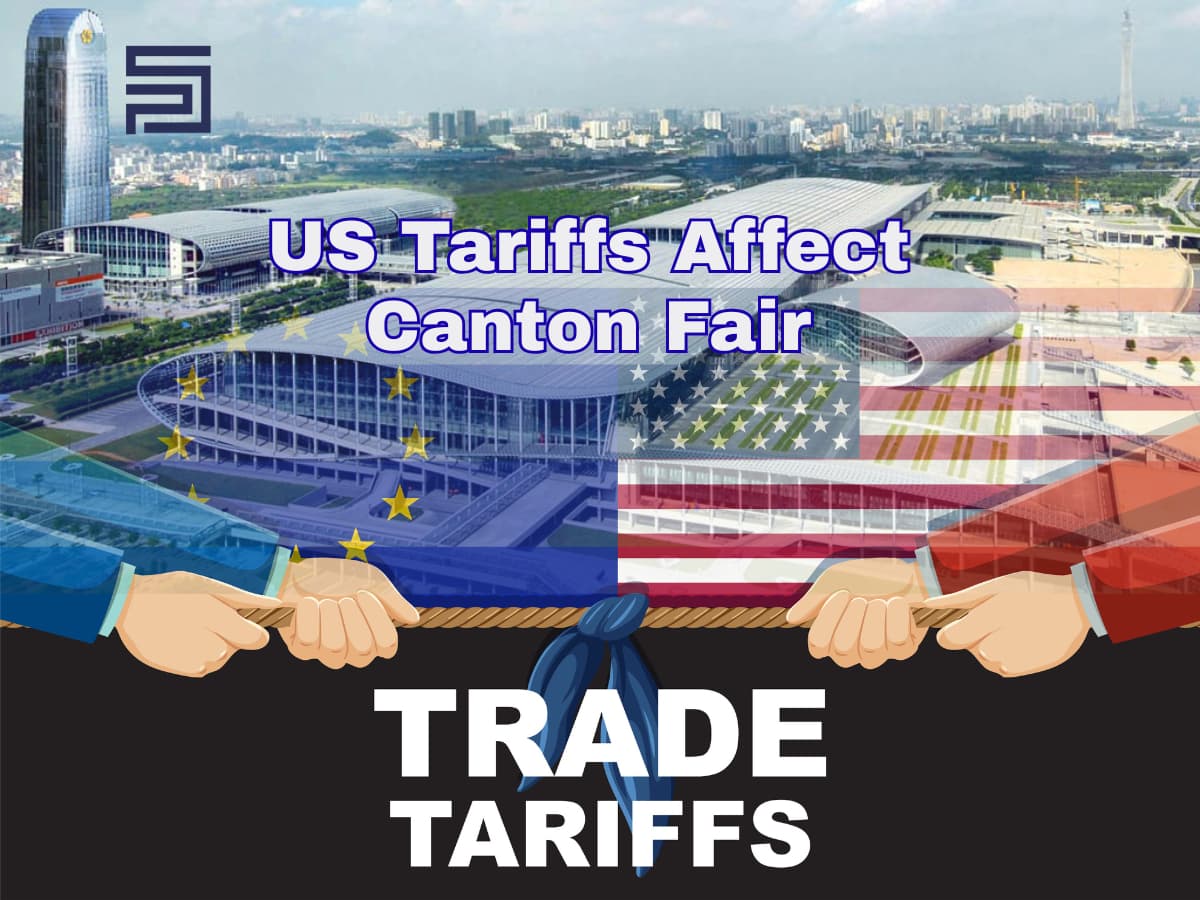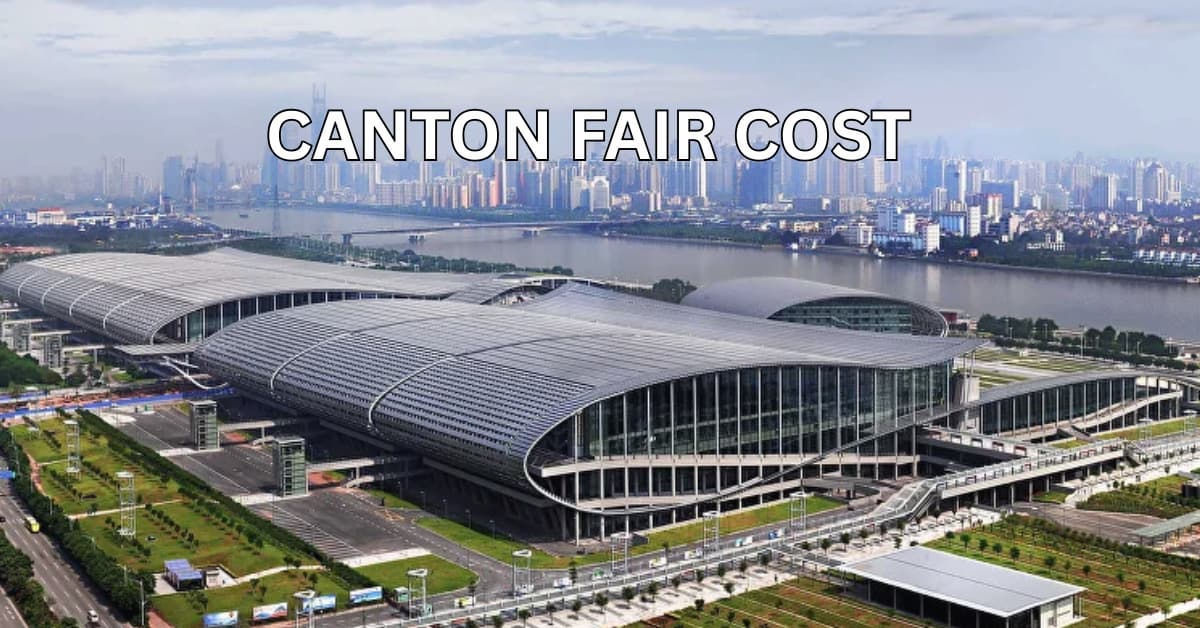In today's world, effective supply chain management has become one factor that gives businesses across all industries a competitive edge.
To have an effective supply chain, there must be an effective commodity management process.
However, maintaining a steady flow of commodities in your business supply chain requires you to proactively source and procure goods.
This article explains exactly why this is important and what parts we help our clients with when it comes to commodity management.
What is Commodity Management?
Commodity management is the process of managing the procurement, and distribution of raw materials, intermediate goods, and finished products. It entails identifying and evaluating potential sources of supply, negotiating contracts and prices, and managing inventory levels and logistics.
Simply put, commodity management is developing a systematic approach you take through the entire usage cycle for a group of items in your business.
Suppose commodity management processes are judiciously utilised in an organisation, it helps save cost, mitigate risk, promote positive relations and collaboration with manufacturers and suppliers, promote the business's visibility, reduce lead times, and optimise inventory management while enhancing productivity and overall efficiency.
Why Is Commodity Management Important for Procurement?
Commodity management occupies a significant and strategic position in business management, adding tremendous value to the business in the following areas:
1. Cost Optimisation:
Commodity management helps businesses save costs through a strategic partnership with manufacturers and suppliers.
Our expert commodity procurement managers at Sara, always seek ways to leverage long-term business contracts and partnerships to negotiate for favourable pricing and cost-effective business conditions for our clients.
Also, commodity management, sourcing, and procurement processes are often streamlined, reducing waste and saving costs.
2. Risk Management:
Commodity management can help you mitigate so many business risks by bringing dual or multiple sourcing options and diversification in your supply chain.
This gives your business alternative procurement options or routes in times of disruption, delay, price instability, volatility, geographical instability, or other events that could pose a risk to the business's smooth operation.
With this strategic commodity management, our client companies have been able to better navigate these challenges and remain competitive. We show you the process to achieve all this later in this article.
3. Business Continuity:
Strategic commodity management involves planning and forecasting based on data analysis to assess and manage risk, anticipate demand, optimise inventory, and ensure business continuity.
With the analysis of these data showing previous occurrences, it will be easy for you to determine what is best for the company and the possible risks in the supply chain.
4. Business Flexibility:
In today's dynamic and complex business environment, change is constant. This change could range from freight rates to manufacturing costs, customer preferences, technology and processes, regulatory standards, and required documentation.
Only an effectively managed business will survive this complex business environment.
With effective commodity management, you can align your business with changes and new trends in the industry, enabling quicker response to changing market conditions.
The businesses we work with can adjust procurement strategies, inventory levels, and production schedules faster. This is achieved by analysing past events and closely monitoring demand patterns and global occurrences.
5. Improved efficiency and competitiveness:
Commodity management improves efficiency and enhances the market value and competitiveness of your business by streamlining the procurement process, which will, in turn, lead to a reduction in lead times, inventory optimisation, and customer satisfaction.
Commodity management ensures that you are buying the right commodities at the best price and at the right time, which minimises waste, delays, and unnecessary costs giving you a competitive advantage and an effective workflow.
6. Environmental sustainability:
Commodity management promotes ecological sustainability by collaborating with manufacturers that adopt sustainable practices in the manufacturing processes. This way, in a bid for visibility and more customers, manufacturers will continue to observe sustainable practices in their manufacturing processes.
5 Key Aspects Of Commodity Management.
1. Spend Analysis:
Reviewing and evaluating your business’s spending patterns on commodities is an important process in commodity management.
This analysis helps you gain insights into how money is being spent, identify potential cost-saving opportunities, and enhance overall procurement efficiency.
To implement this aspect efficiently, work with the accounting team to get data on the price paid for commodities, quantity purchased, frequency of orders, and supplier information.
With this data, identify inefficiencies, such as over-reliance on certain suppliers, price discrepancies, or missed bulk purchasing opportunities. All these can be identified using simple tools like Excel or more advanced spend analysis software.
The result you get from this analysis is what guides your next action in managing the procurement of commodities for your business.
2. Cost Optimization:
With the spend analysis complete, you need to work at reducing procurement costs while maintaining the quality and availability of commodities.
Here are tips for optimizing commodity procurement costs:
- Negotiating favourable terms with suppliers.
- Bulk purchasing and consolidating commodities.
- Reducing waste and overordering.
- Using alternative sourcing channels.
Opportunities like this can be observed during the spend analysis.
With this, businesses can maximise their procurement budget while ensuring efficiency, sustainability, and reliability in their supply chain.
3. Supplier Selection:
To manage commodity sourcing in your business, you need to ensure that the suppliers of these commodities are qualified.
Conduct a market analysis, then identify, evaluate, and choose suppliers who can provide the necessary commodities at the best quality, price, and delivery terms, ensuring that the procurement needs of the organisation are met efficiently.
Ensure that you establish long-term relationships with suppliers as this can lead to improved terms, trust, and collaboration.
4. Risk mitigation and Management:
Every procurement process involves risks, so you need to work at identifying, assessing, and minimizing risks associated with procuring necessary commodities.
- Avoid relying on a single supplier.
- Lock in prices through long-term contracts to stabilize costs, especially for volatile commodities.
- Maintain buffer inventory levels for critical commodities to ensure business continuity during supply disruptions.
- Develop strong relationships with suppliers and engage in regular communication.
- Have backup suppliers or alternative sourcing strategies in place.
- Ensure that suppliers comply with local and international regulations related to trade, environmental protection, and labour standards.
- and so on…
You can check out this article for more advice on how to manage procurement risk.
5. Performance Monitoring and Evaluation:
With every other aspect of commodity management in place, monitoring your supply chain performance and conducting routine evaluations are essential to ensure that strategic goals are met and value is maximized for your business.
Regularly review and track the performance of suppliers, the quality of the commodities purchased, and the overall procurement process.
Best Practices For Effective Commodity Management.
- Regularly analyze procurement spending to identify opportunities for cost savings.
- Avoid over-reliance on a single supplier by diversifying your supplier base.
- Lock in favourable commodity prices through long-term contracts, especially for commodities with high price volatility.
- Group similar commodities into categories for streamlined management.
- Regularly review and refine commodity management strategies based on supplier performance, market changes, and internal business needs.
- Maintain open communication with both internal stakeholders and suppliers.
- Work with a professional procurement expert to get things right easily and faster. Contact us for this.
Manage Your Commodity Sourcing and Procurement with SARA.
Optimising your sourcing and procurement processes is essential to maximise profits and improve long-term business efficiency, and effective commodity management plays a key role in achieving this.
Ensure your team is actively involved in all aspects of the commodity management process, and seek guidance from expert commodity procurement managers when needed to optimise performance.
.png)





Comments
Please log in to leave a comment.